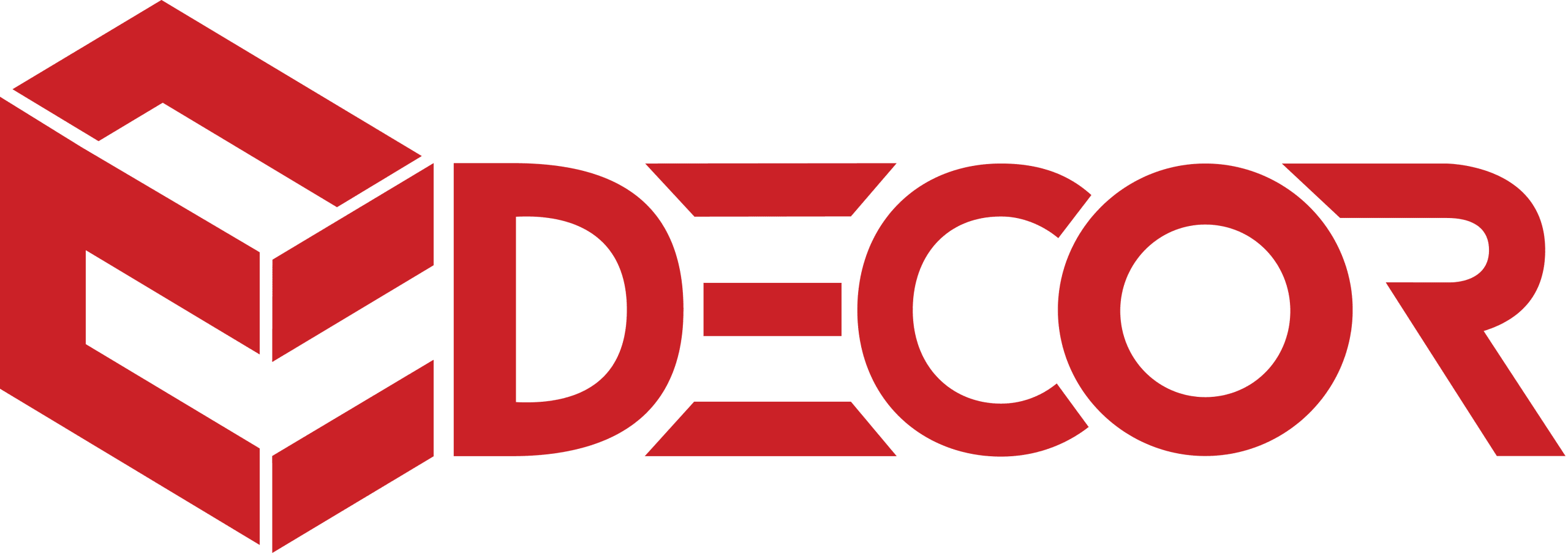- Digital Frontiers Reshaped as Landmark Legislation Impacts Online News Distribution
- The Core Tenets of the New Legislation
- Impact on Smaller and Independent Publishers
- The Role of Collective Bargaining
- Challenges and Potential Unintended Consequences
- The Impact on Digital Advertising Revenue
- Enforcement and Ongoing Monitoring
Digital Frontiers Reshaped as Landmark Legislation Impacts Online News Distribution
The digital landscape is in constant flux, and recent legislative actions are poised to dramatically reshape how information, specifically that relating to current events, is distributed and accessed online. These changes present both challenges and opportunities for publishers, platforms, and the public alike. Understanding the nuances of these regulations is crucial for navigating this evolving environment and ensuring a healthy and informed citizenry. This new framework aims to address concerns surrounding fair compensation for journalistic content and the promotion of trustworthy sources of information, impacting how people receive and interpret news.
The core principle driving this legislation is a desire to level the playing field between large tech platforms and the news organizations that create the content that populates those platforms. For years, publishers have argued that they generate significant value for these platforms, yet receive a disproportionately small share of the revenue generated from the distribution of their work. This legislative response seeks to correct that imbalance and foster a more sustainable ecosystem for quality journalism.
The Core Tenets of the New Legislation
At the heart of this landmark legislation lies a principle of value exchange. Platforms with dominant market positions are now obligated to negotiate with news publishers for compensation when displaying their content. This policy acknowledges that news content is not simply a byproduct of platform engagement, but rather a core driver of that engagement. The intent is not to stifle the free flow of information, but to ensure that those who invest in the creation of original reporting are fairly compensated. The process of negotiation is intended to be transparent and equitable, with provisions for independent arbitration in case of impasse. This change is expected to significantly alter the financial dynamics of online publishing.
| SocialConnect | Ongoing Negotiations | $85 Million (Annual) |
| GlobalSearch | Agreement Reached | $120 Million (Annual) |
| StreamView | Initial Discussions | $50 Million (Annual – Projected) |
Impact on Smaller and Independent Publishers
While the legislation primarily targets large platforms, the ripple effects are expected to reach publishers of all sizes. A key concern is whether smaller and independent news organizations will have the resources and bargaining power to effectively negotiate with these tech giants. Provisions within the legislation aim to address this concern by establishing a collective bargaining framework and a fund to provide legal and technical assistance to smaller publishers. It is essential that these smaller entities are not further disadvantaged; ensuring their sustainability and continued reporting ability is a vital component of a diverse and robust information ecosystem. The long-term effects on their independence and editorial control remain to be seen.
The Role of Collective Bargaining
Recognizing the inherent power imbalance, the legislation allows news publishers to form collective bargaining units to negotiate with platforms as a group. This approach is designed to amplify the voices of smaller publishers and increase their leverage in negotiations. The government has established a framework to facilitate the formation of these units and provide support throughout the bargaining process. Concerns remain, however, about potential anti-trust implications and the potential for larger publishers to dominate these collective efforts. However, it’s vital that all relevant entities have a platform from which to advocate for appropriate remuneration.
Some experts assert that this new collective bargaining structure resembles some historical media legislation. Past attempts to support independent media and journalism have seen varied results. Success hinges on effective organization and transparent leadership within these newly formed bargaining units, ensuring that the interests of all publishers, regardless of size, are adequately represented. The lessons learned from previous initiatives will be crucial in shaping the future of this framework.
Challenges and Potential Unintended Consequences
The implementation of this legislation is not without its challenges. One potential unintended consequence is the possibility that platforms may simply delink or remove news content altogether rather than pay for it. This could lead to a significant reduction in the reach and visibility of news organizations, potentially harming their ability to inform the public. Additionally, concerns have been raised about the potential for the legislation to be used to favor certain news organizations over others, based on political considerations or other factors. Careful monitoring and ongoing adjustments are essential to mitigate these risks. Transparency in negotiations and a commitment to upholding journalistic independence are paramount.
- Potential for Platform Delinking: Platforms might choose to remove news content.
- Risk of Favoritism: Legislation could be used to favor specific news outlets.
- Administrative Complexity: Enforcing the legislation poses administrative challenges.
- Defining ‘News’ Content: Clear definitions of what constitutes eligible ‘news’ content are required.
The Impact on Digital Advertising Revenue
The increasing shift of advertising revenue towards large tech platforms has already created financial strains for traditional news organizations. This legislation aims to restore some of that revenue flow, but it also raises questions about the future of digital advertising. Will platforms simply absorb the cost of compensation, or will they pass it on to advertisers? And if they pass it on to advertisers, will that lead to a further decline in advertising revenue for news organizations? These are complex questions with no easy answers. A holistic assessment of the digital advertising landscape is necessary to fully understand the long-term consequences of this legislation. The evolution of user privacy regulations will also play a role in shaping this dynamic.
The digital advertising market has grown exponentially over the last decade, consolidating much of the revenue into the hands of a few powerful companies. This legislation attempts to redistribute some of that power. The response from these major players will be critical. Subscription-based models and alternate avenues of generating revenue for publishers will become increasingly important in this new paradigm. Navigating this shifting landscape will require creativity and a willingness to adapt.
Enforcement and Ongoing Monitoring
Effective enforcement of the legislation will be critical to its success. An independent regulatory body has been established to oversee the negotiations between platforms and publishers, investigate complaints, and impose penalties for non-compliance. This body will also be responsible for monitoring the impact of the legislation on the news ecosystem and making recommendations for adjustments as needed. Transparency and accountability are essential to ensure that the legislation achieves its intended goals and does not inadvertently harm the public interest. An adaptive regulatory framework, capable of responding to evolving market conditions, will be indispensable.
- Establish an Independent Regulatory Body
- Oversee Negotiations and Address Complaints
- Monitor Impact on the News Ecosystem
- Recommend Adjustments as Needed
The changing dynamics of how information is disseminated and consumed in our present age present complex challenges and opportunities for all stakeholders involved. By ensuring greater equity in the digital ecosystem and supporting quality journalism, this legislation signifies a pivotal step towards a more informed and democratic society. Continued vigilance and a commitment to fostering a vibrant and independent media landscape are paramount.




 Round Rugs
Round Rugs  Wool Rugs
Wool Rugs  Vintage Rugs
Vintage Rugs 


 Carpet Tiles
Carpet Tiles  Carpet
Carpet 
 Embossed Rug
Embossed Rug  Plain Rug
Plain Rug 
 2.5'*4'
2.5'*4'  2'*3'
2'*3'  3'*5'
3'*5'  5*7.5
5*7.5 













 Artificial Grass
Artificial Grass  Mats
Mats 
 Soil
Soil  Fertilizer
Fertilizer  Pesticides
Pesticides